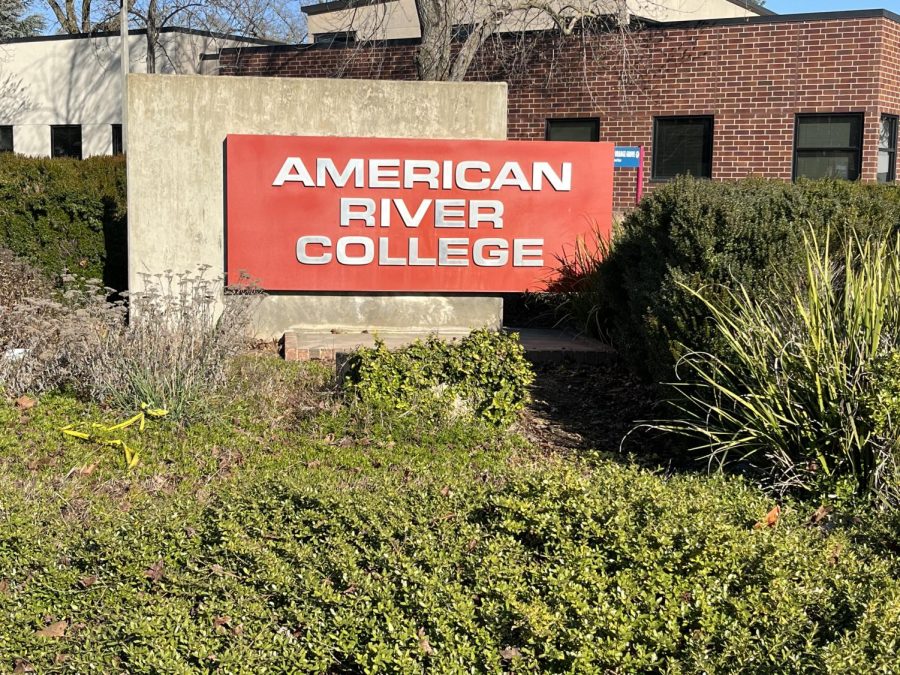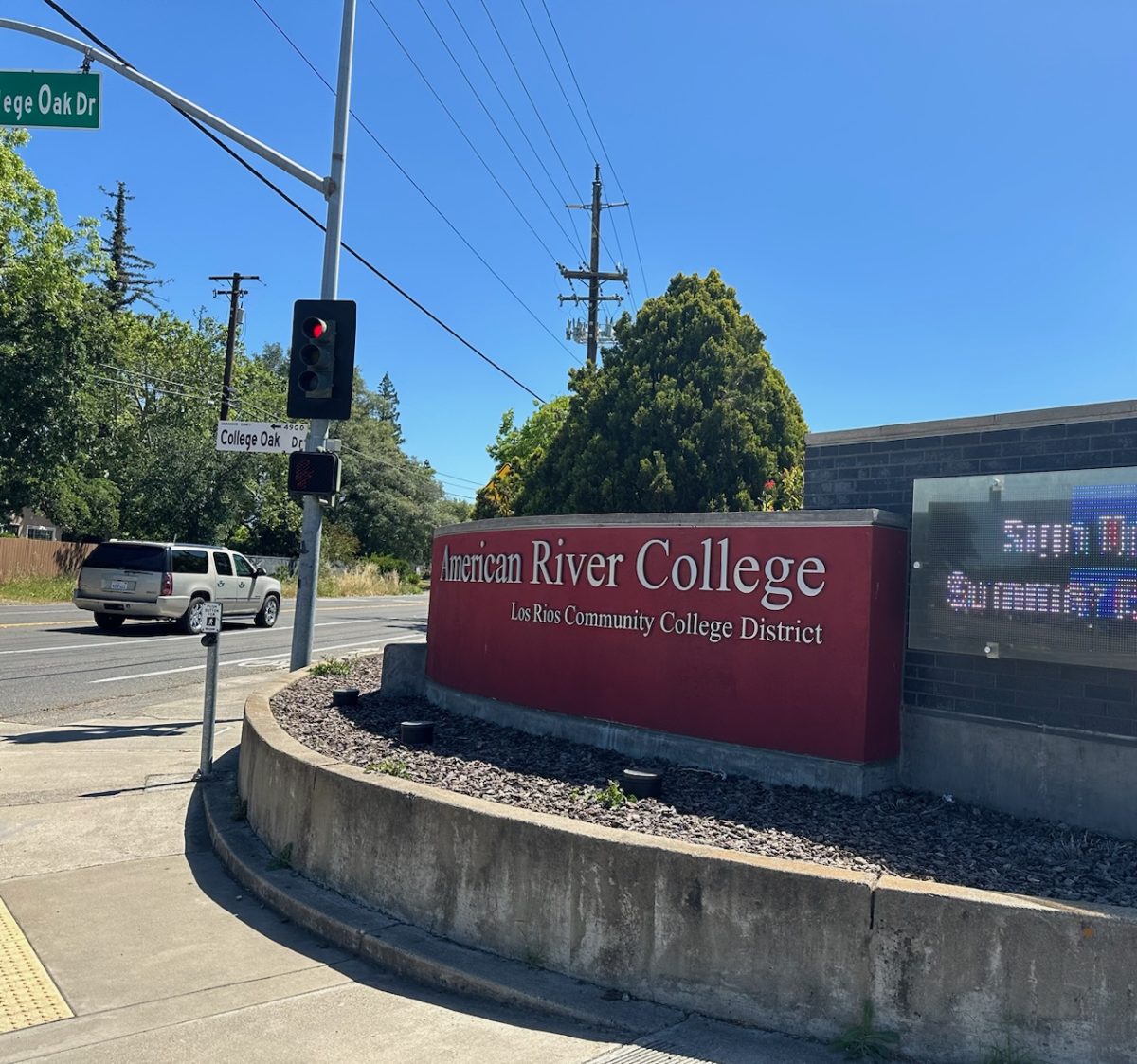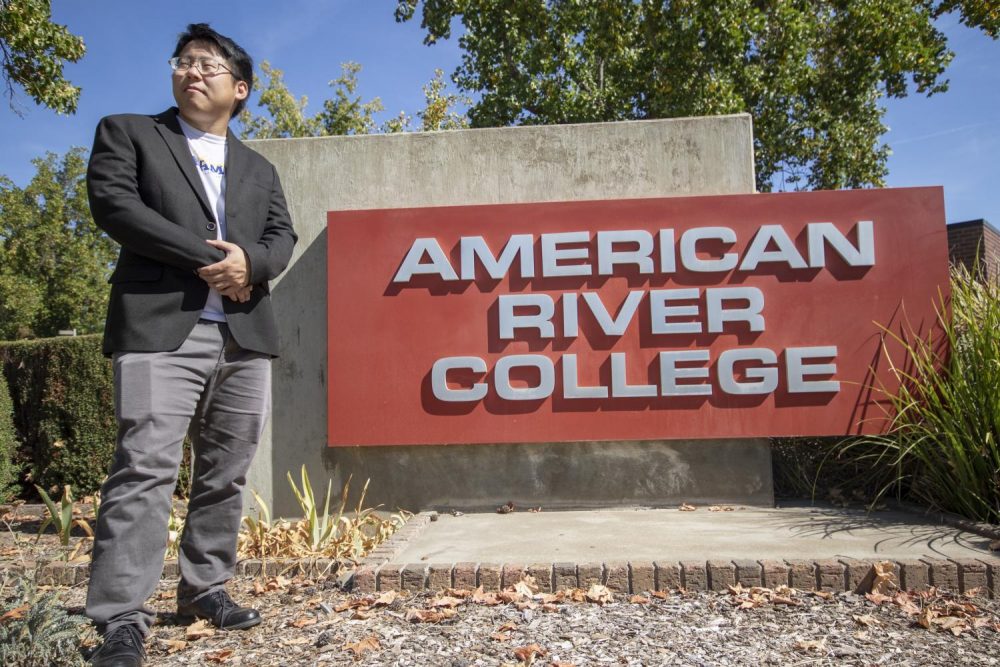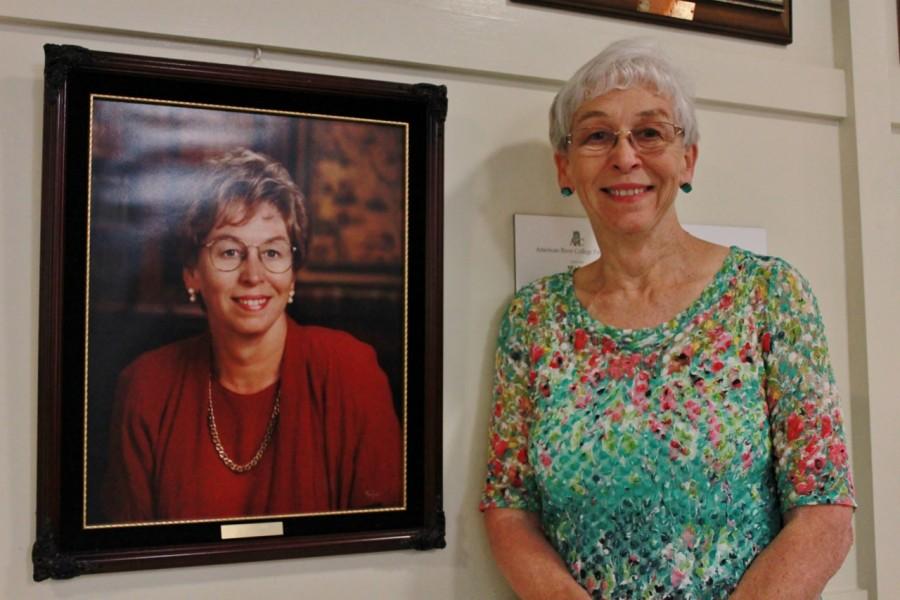By Kameron Schmid and Miranda Bolar
President Barack Obama spoke specifically to college students in his State of the Union address on Jan. 20 when he proposed free tuition for the first two years of classes, with certain conditions.
While specifics are scarce, American River College President Thomas Greene and public information officer Scott Crow both say that any nationwide conversation about the value of an education is a good start.
“The biggest key to a 21st century global economy is an educated workforce. Hands down,” said Greene.
Added Crow, “We’re just glad that the president has put a spotlight on the value of a community college education.”
“It shows that there is value in education, it transforms lives, it’s an economic engine in the community. Study after study shows that increased education increases economic worth for individuals.”
According to the fact sheet sent out by the White House, students who “attend at least half-time, maintain a 2.5 GPA while in college, and make steady progress toward completing their program” will retain eligibility for the program.
It is currently unclear how the proposal will affect programs such as California’s Board of Governors fee waiver or the federal Pell Grant, commonly known as FAFSA.
Also unknown is how flexible the program will be for those who have educational needs other than a two-year transfer degree.
Initial proposals said payment for the program will come from the federal side mostly, with individual states chipping in a smaller amount. But students who now receive FAFSA may be wary, seeing as though tuition isn’t the only cost of attending college.
For students who only receive the BOG fee waiver, there are still books to buy, and living expenses to maintain, such as rent and food.
One such student is Eddie Nash, a foreign language major at ARC, who previously obtained a degree from another community college.
ARC doesn’t recognize this degree, yet it is recognized by FAFSA, which means he does not qualify for financial aid, but does qualify for the BOG waiver fee.
“I’m a twenty-something and I still have living expenses. You become extra-resourceful, knowing what things to cut out of your life,” said Nash. “It sucks that I don’t have that extra money to save.”
Rusty Porter, a psychology major, thinks that some students who are receiving financial aid misuse it, and wants to see a system that provides “for the actual classes and books, and not so much extra money, because people abuse that.”
Porter described himself as “living in poverty” while also juggling the responsibilities of a student.
“I have to hold down a crappy job and try to balance school. I can’t afford anything extra. It’s hard to pull yourself up out of that,” said Porter.
Kinesiology major Casey Billings thinks tuition for all colleges, community and four year, should be free, like it is in many European countries.
How to pay for it?
“Cut the military budget by .00001 percent. It’s so ridiculous, how much we spend,” said Billings.



















